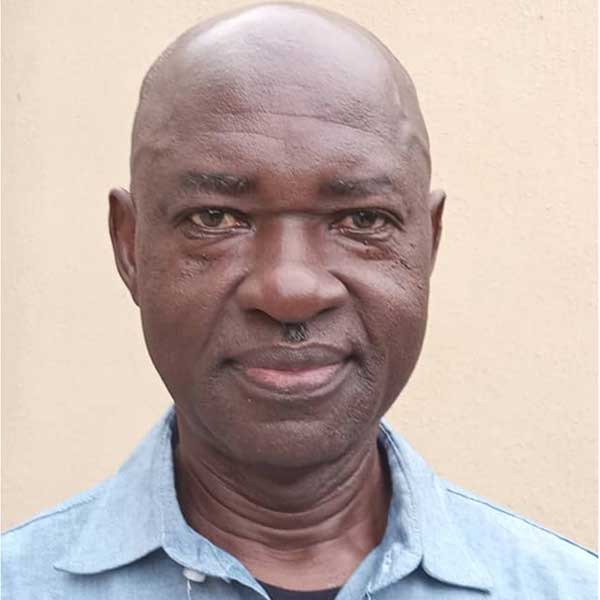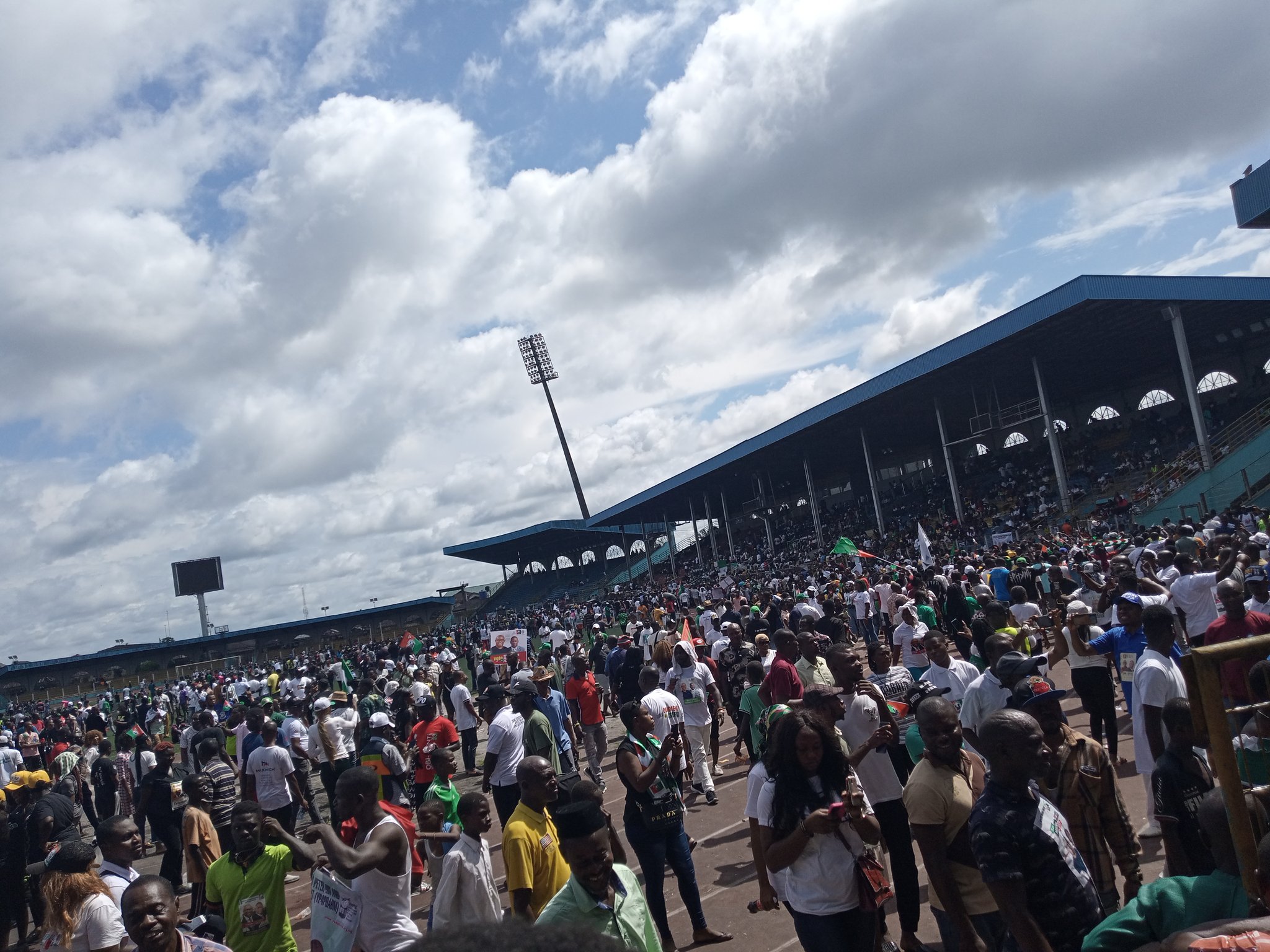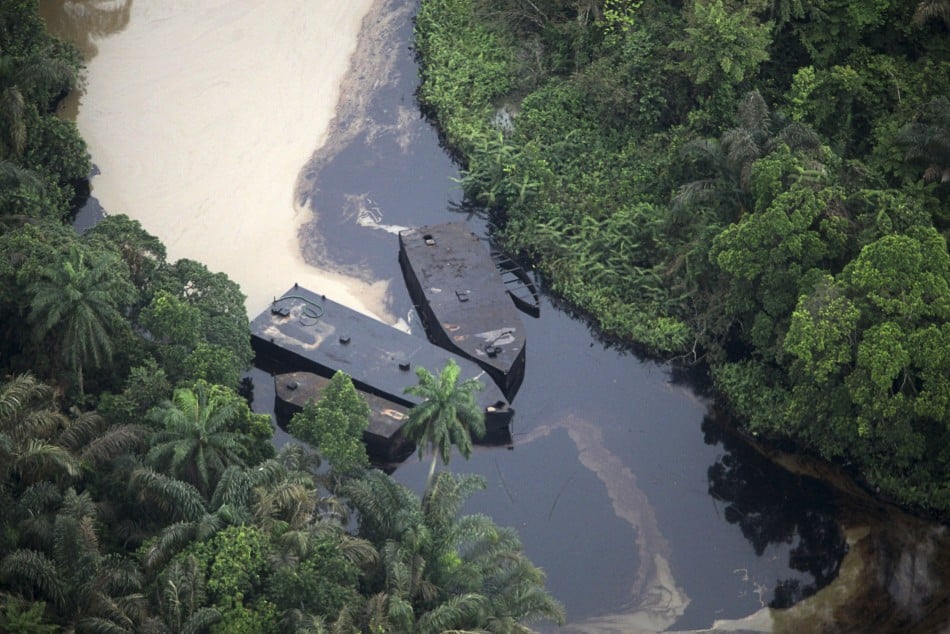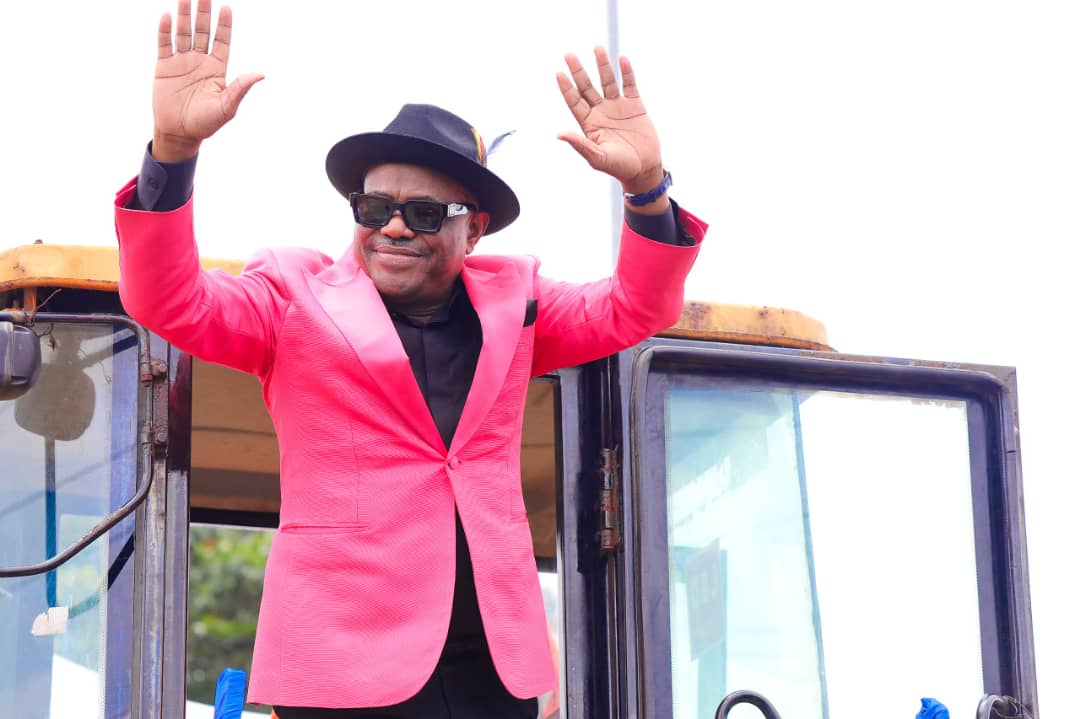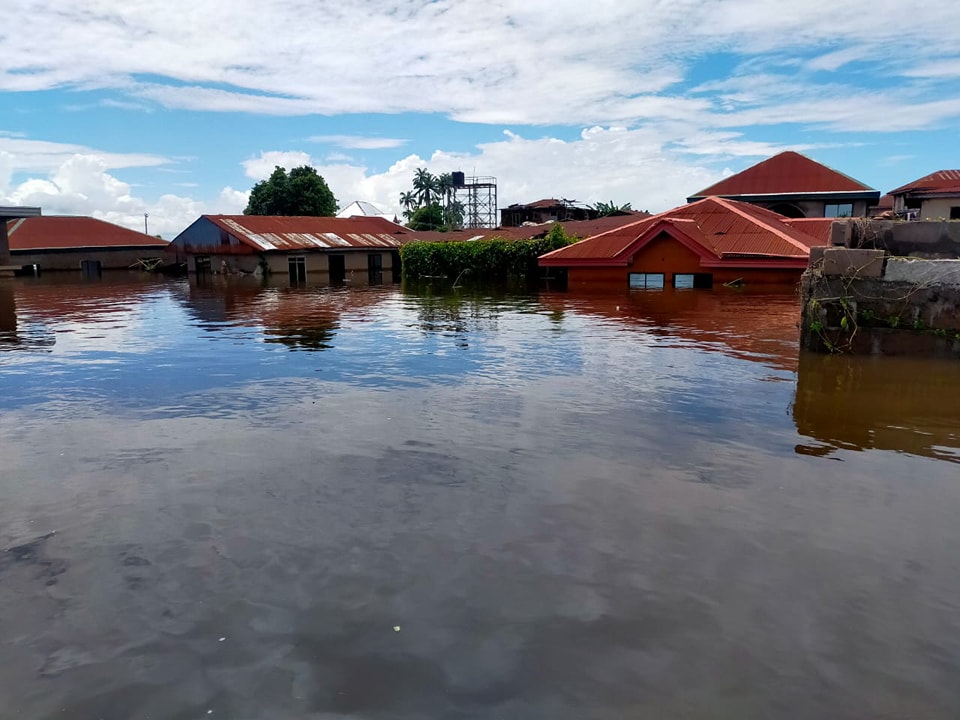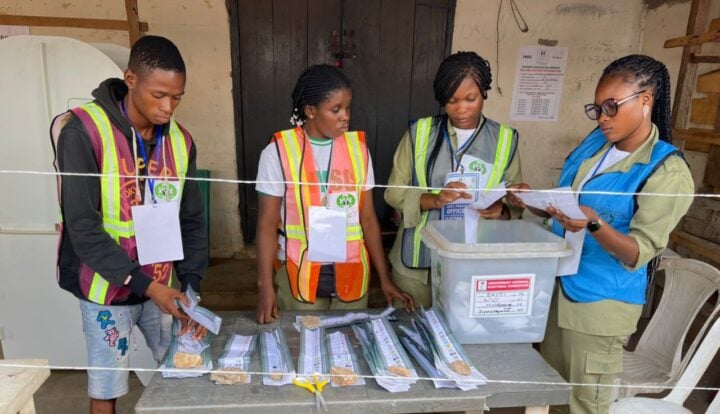Since their presidential primaries some five months ago, Nigeria’s two biggest political parties, All Progressives Congress (APC) and Peoples Democratic Party (PDP), appropriately classified as frontrunners in the next year’s polls, have continued to impress, even if not always constructively. As nests for the bulk of the country’s more familiar political faces, they keep acting out scripts that Nigerians are used to. Blame game. Personal attacks (ad hominem). Poor on issues. Internal squabbles. Weaponisation of national fault lines. Crowd manipulation. And many more.
Watchers of elections in Nigeria would agree that next year’s is set to break records, one way or the other. Even now it’s doing so. For the first time since 2007 when President Olusegun Obasanjo presided over the polls, the incumbent president will not be on the ballot. This has set the stage for a titanic battle. Until Mr Peter Obi of Labour party (LP) entered the race last June and made it difficult for his movement and himself to be ignored, many people thought it would be a straight contest between the ruling APC and its main rival, PDP.
Not unexpectedly, both APC and PDP are all out to show that they are battle-ready, the former to retain its occupancy of Aso Rock and the latter to return to it after seven and half years in the cooler. That seriousness is being displayed through the monstrous and somewhat superfluous campaign machineries they are assembling. President Muhammadu Buhari who has too many troubling to-do assignments on his desk is the chairman of the APC campaign; same for his wife, Mrs. Aisha Buhari, who heads the women’s wing. The membership of the council is still a source of worry to the party and hasn’t been inaugurated long after its large list was released. Even the PDP that made a spectacular debut in Uyo, Akwa Ibom State, last Monday is still grappling with the not too comforting dynamics within its campaign council and committee. Because Nigerian politicians have their own ways of doing things, it might be difficult to arrive at valid conclusions about what exactly these parties want to achieve with the unprecedented bogus sizes of their presidential campaign structures. Is it to intimidate other contestants? Satisfy the various interests within their folds? Put their good legs forward? Or, truly demonstrate their understanding of and commitment to the goals in view? Whatever the motives are, too much time is being spent on erecting the frameworks to prosecute the contest ahead.
I sincerely hope it bothers some persons in the parties’ top hierarchies what it takes to maintain cohesion and team-work among the myriad of campaign experts and consultants in the weeks and months ahead. No victories are guaranteed any football club, even with the best footballers on earth, that is not concerned about the blending and bonding of its players. It requires the willingness of the individual stars to sacrifice their own personal talents and expectations, if necessary, for the general good. The campaign bodies are mixtures of professionals and politicians with modes of operation that may conflict with the laid down strategies and objectives of the parties. So, rather than being assets, their versatility and pedigree can instead produce the opposite and inhibit collective progress. And these organisations, endowed with members of the political class who have been around for decades, certainly shouldn’t be reminded that February 2023 is not forever. Time is ticking fast.
Advertisement
Let’s be clear about one thing. The centrality of framing to most human endeavours can’t be too stressed. For a building, both the sub-structure and super-structure are some of its most vital components, if its reliability and durability are considered priorities. Same for other spheres. No matter how attractive and desirable relevant aspects of projects and programmes are, for the sake of stability, there must be frames that hold them together; elements that ensure strength, focus and target outcomes. For optimal performance in national elections, one can’t dismiss the physical presence of political parties across the federation in terms of personnel, members, houses and other amenities. All these are needed to stage successful rallies and publicity, and also man polling booths nationwide during voting. Nobody should, therefore, begrudge the big parties’ pride in having huge structures. Instances exist, however, of political institutions and individuals who on the surface stood no chance of turning the table but went ahead to defeat more established opponents and entities.
A most recent national example is that of Lesotho. Sam Matekane, a diamond magnate without prior experience in politics, founded Revolution for Prosperity (RFP) only six months ago. The party went on to win 56 seats in the parliament, the largest, and only narrowly missed the majority. Matekane is now attempting to forge the type of coalition that can bring the anticipated change to his country. The most outstanding grounds for the victory? His track record in the private sector and the disenchantment of the people of Lesotho with the older parties. That is instructive.
Back to Obi. More than the rest presidential candidates of the very visible parties, namely Senator Bola Tinubu of APC, Wazirin Atiku Abubakar of PDP and Senator Rabiu Kwankwaso of New Nigeria Peoples Party (NNPP), he is the one often described as having no structures, not unjustifiably though, going by the conventional meaning of political architecture. Analysts do wonder why LP has not taken appreciable steps in achieving more material appearances, despite the increasing popularity of its standard bearer. This obvious defect notwithstanding, APC and PDP shouldn’t be too confident in the ability of their high-profile campaign organisations to deliver because, as recorded in many other countries, winning does sometimes bypass the strong and mighty to embrace the underrated.
Advertisement
It then means that Obi has earned himself a position among those to be watched. The three opinion polls or so already conducted have given the lead to Obi. I’ve watched and read spokespersons of candidates spend energy trying to rubbish the methods used to reach the results. Many of those counter efforts, in my view, are exercises in denial. An article published in The Economist last Monday provides a fresh perspective on the possibility of a disruptive Obi’s electoral outing thus: “What makes this even more extraordinary is that Mr. Obi is standing for the Labour Party, whose candidate at the previous presidential election in 2019 won just 5,074 votes out of 28m cast. Mr. Obi’s sudden ascent represents a rare chance for Nigeria. The country ought to be rich: it has huge reserves of oil, gas and other minerals, plenty of fertile land and a young population of go-getters. Yet Nigerians are poorer today than they were ten years ago and 40% of them survive on less than $1.90 a day. The reasons why Nigeria is poor are rotten politics, bad governance and corruption.” All it takes is for the voters to become fed up with the parties that have been ruling since 1999, with all the structures at their disposal.
Truly, the factors that make triumphant political office seekers go beyond the resources and planning that are invested in electoral processes, crucial as they are. It’s sometimes hard to predict when sentiments and loyalties give way to the logical assessment of pressing realities. Have Nigerians, like their counterparts in Lesotho, got to the point of blaming the tested parties for their nation’s endless misfortunes? If yes, can they rise above divisive considerations, express their minds accordingly in the forthcoming general election, and prove that they are the real structures?
Ekpe, PhD, is a member of THISDAY Editorial Board.
Advertisement
Views expressed by contributors are strictly personal and not of TheCable.
Add a comment
